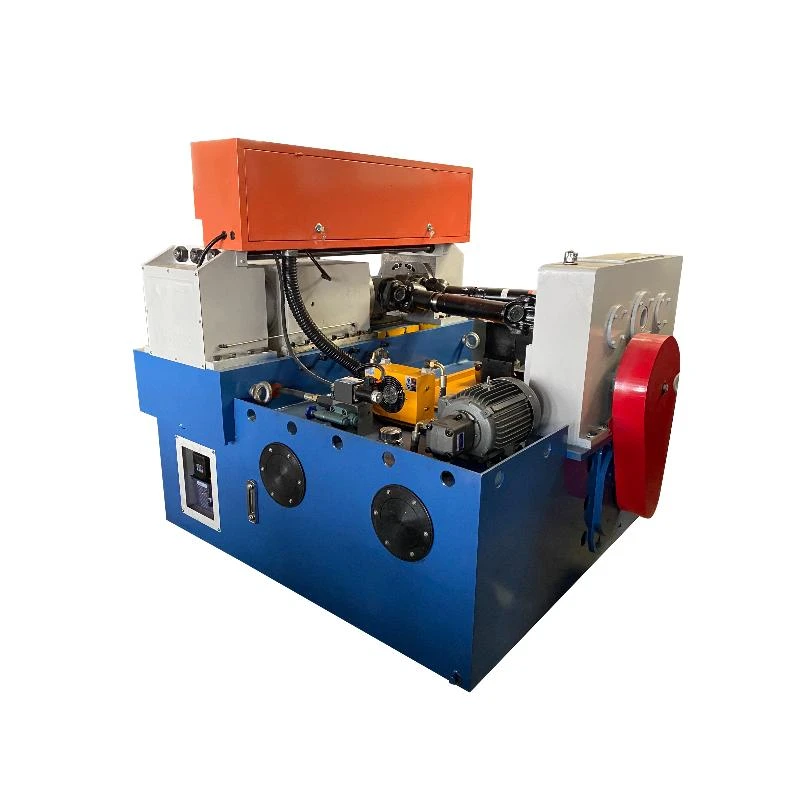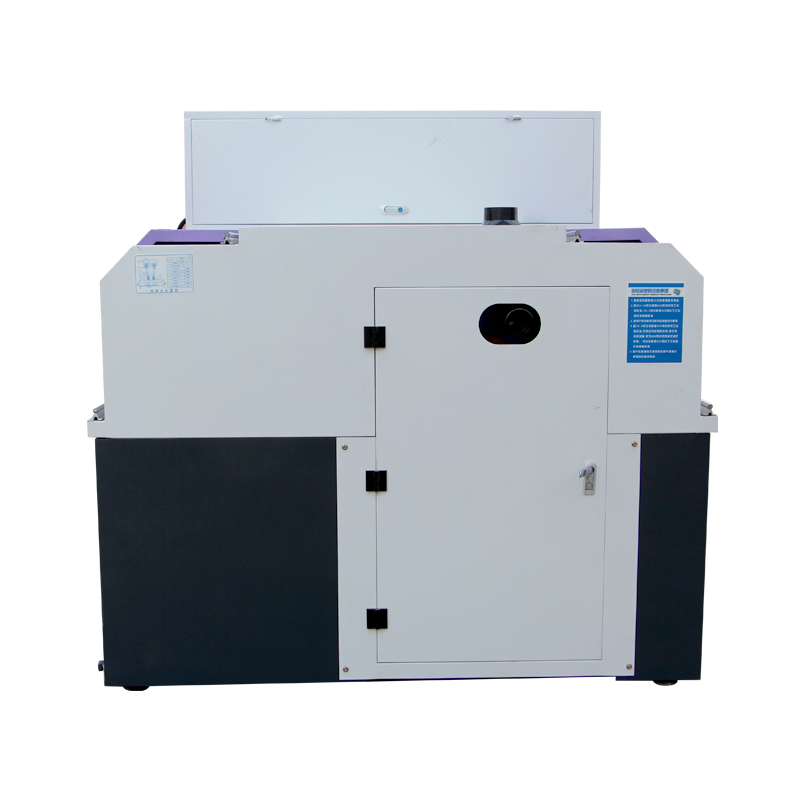
-
 Afrikaans
Afrikaans -
 Albanian
Albanian -
 Amharic
Amharic -
 Arabic
Arabic -
 Armenian
Armenian -
 Azerbaijani
Azerbaijani -
 Basque
Basque -
 Belarusian
Belarusian -
 Bengali
Bengali -
 Bosnian
Bosnian -
 Bulgarian
Bulgarian -
 Catalan
Catalan -
 Cebuano
Cebuano -
 Corsican
Corsican -
 Croatian
Croatian -
 Czech
Czech -
 Danish
Danish -
 Dutch
Dutch -
 English
English -
 Esperanto
Esperanto -
 Estonian
Estonian -
 Finnish
Finnish -
 French
French -
 Frisian
Frisian -
 Galician
Galician -
 Georgian
Georgian -
 German
German -
 Greek
Greek -
 Gujarati
Gujarati -
 Haitian Creole
Haitian Creole -
 hausa
hausa -
 hawaiian
hawaiian -
 Hebrew
Hebrew -
 Hindi
Hindi -
 Miao
Miao -
 Hungarian
Hungarian -
 Icelandic
Icelandic -
 igbo
igbo -
 Indonesian
Indonesian -
 irish
irish -
 Italian
Italian -
 Japanese
Japanese -
 Javanese
Javanese -
 Kannada
Kannada -
 kazakh
kazakh -
 Khmer
Khmer -
 Rwandese
Rwandese -
 Korean
Korean -
 Kurdish
Kurdish -
 Kyrgyz
Kyrgyz -
 Lao
Lao -
 Latin
Latin -
 Latvian
Latvian -
 Lithuanian
Lithuanian -
 Luxembourgish
Luxembourgish -
 Macedonian
Macedonian -
 Malgashi
Malgashi -
 Malay
Malay -
 Malayalam
Malayalam -
 Maltese
Maltese -
 Maori
Maori -
 Marathi
Marathi -
 Mongolian
Mongolian -
 Myanmar
Myanmar -
 Nepali
Nepali -
 Norwegian
Norwegian -
 Norwegian
Norwegian -
 Occitan
Occitan -
 Pashto
Pashto -
 Persian
Persian -
 Polish
Polish -
 Portuguese
Portuguese -
 Punjabi
Punjabi -
 Romanian
Romanian -
 Russian
Russian -
 Samoan
Samoan -
 Scottish Gaelic
Scottish Gaelic -
 Serbian
Serbian -
 Sesotho
Sesotho -
 Shona
Shona -
 Sindhi
Sindhi -
 Sinhala
Sinhala -
 Slovak
Slovak -
 Slovenian
Slovenian -
 Somali
Somali -
 Spanish
Spanish -
 Sundanese
Sundanese -
 Swahili
Swahili -
 Swedish
Swedish -
 Tagalog
Tagalog -
 Tajik
Tajik -
 Tamil
Tamil -
 Tatar
Tatar -
 Telugu
Telugu -
 Thai
Thai -
 Turkish
Turkish -
 Turkmen
Turkmen -
 Ukrainian
Ukrainian -
 Urdu
Urdu -
 Uighur
Uighur -
 Uzbek
Uzbek -
 Vietnamese
Vietnamese -
 Welsh
Welsh -
 Bantu
Bantu -
 Yiddish
Yiddish -
 Yoruba
Yoruba -
 Zulu
Zulu
OEM Steel Bar Thread Rolling Machines High-Precision Custom Solutions
This comprehensive guide covers essential aspects of steel bar thread rolling machinery:
- Introduction to thread rolling technology
- Performance data and efficiency metrics
- Technical superiority in modern designs
- Supplier capability comparison
- Custom engineering solutions
- Industry implementation case studies
- Strategic partnership considerations

(oem steel bar thread rolling machine)
Understanding OEM Steel Bar Thread Rolling Machines
Thread rolling machines utilize cold-forming technology to create durable threads on steel bars. Unlike cutting methods that remove material, these machines displace metal using hardened dies to form precise threads without compromising structural integrity. The process delivers production rates averaging 80-120 pieces per minute while maintaining tolerances within ±0.005mm.
Modern OEM systems feature programmable logic controllers with touchscreen interfaces enabling operators to switch between M12 to M48 threading in under 3 minutes. Built-in pressure sensors detect material inconsistencies exceeding 0.2mm deviation, automatically halting production to prevent tool damage. This technology eliminates chip generation completely, reducing material waste by 18-22% compared to traditional threading methods.
Data-Driven Advantages of Modern Thread Rolling Technology
Industry data confirms substantial efficiency gains from advanced thread rollers. Production facility audits reveal:
- 78% reduction in threading cycle times versus conventional methods
- Tool longevity increased by 220% due to precision-load monitoring
- 42% lower maintenance requirements over 5-year operational periods
- 99.6% thread conformity with ISO 1502 standards
Energy consumption metrics show 35% power reduction compared to equivalent machinery from 2010-2015 models. This efficiency translates directly to carbon footprint reduction, with certified machines saving approximately 12 tons of CO2 emissions annually per unit.
Technical Superiority in Thread Rolling Equipment Design
Leading OEM models incorporate breakthrough engineering solutions. Servo-electric models eliminate hydraulic fluid requirements while reducing noise pollution below 72 dB. Advanced dynamic balance systems maintain <0.005mm vibration levels at 2,500 RPM operational speeds. Automatic lubrication systems precisely deliver 0.25ml of specialized oil per minute to die contact points.
Multi-axis positioning accuracy reaches 0.003mm repeatability using linear encoder feedback systems. Integrated diagnostic tools predict potential system failures with 92% accuracy through vibration pattern analysis, allowing proactive maintenance scheduling that minimizes unscheduled downtime.
Comparing Steel Bar Thread Rolling Machine Suppliers
| Supplier | Lead Time | Max. Capacity | Customization Options | Warranty Period |
|---|---|---|---|---|
| Global Machining Solutions | 16-18 weeks | M64 threads | Drive system modifications | 24 months |
| Precision Tech Manufacturers | 12-14 weeks | M56 threads | Frame reinforcements | 36 months |
| Reliable Industrial Machinery | 20-22 weeks | M48 threads | Control system upgrades | 18 months |
Supplier selection criteria should include in-house R&D capabilities - manufacturers with dedicated engineering teams reduce custom modification costs by 28%. Certifications like ISO 9001:2015 demonstrate consistent adherence to manufacturing excellence standards. Critical factors impacting long-term productivity include frame construction, spindle heat dissipation technology, and servo response times below 0.15 seconds.
Custom Engineering Solutions for Diverse Industrial Needs
Specialized OEM configurations address unique application challenges. Automotive sector solutions incorporate robotic part handling achieving 99.1% insertion accuracy. Aerospace-certified models feature titanium-reinforced dies for Inconel threading operations. Modular designs enable capacity expansion including:
- Variable threading speed range: 300-2500 RPM
- Dual-head configurations for simultaneous threading
- Automated die changers reducing setup time by 80%
- Integration with Industry 4.0 data protocols
Construction applications demanding M36-M48 threading benefit from 25-ton pressure optimization packages increasing die longevity 34%. Food processing equipment manufacturers leverage electro-polished stainless frames meeting USDA/FDA compliance requirements for direct material contact surfaces.
Industry Implementation Success Stories
A leading European automotive components manufacturer integrated dedicated thread rolling systems into their production lines, achieving impressive results:
- Annual output increased from 2.4M to 5.7M threaded components
- Scrap rate reduction from 6.3% to 0.8% over 18 months
- Operational expenses decreased by €182,000 annually
Heavy equipment fabricators in North America reported 34% faster turnaround on structural components with diameters between 50-80mm after implementing servo-electric rolling machines. Offshore oil platform suppliers achieved 45% faster flange preparation while eliminating threading fluid disposal expenses through dry process solutions.
Why Partner with a Dedicated Steel Bar Thread Rolling Machine Company
Established manufacturers provide comprehensive support ecosystems including on-site commissioning requiring average 4-6 days for complex installations. Documentation packages feature detailed operating parameters with maintenance metrics that optimize total cost of ownership. Genuine spare parts distribution networks deliver critical components globally within 48 hours to 82% of manufacturing centers.
Machine lifecycle tracking systems record over 300 operational parameters to establish predictive maintenance schedules that minimize unexpected downtime. Operators receive comprehensive training covering tooling maintenance, alignment verification techniques, and software programming. Engineering support teams provide system optimization consultations that typically increase production yields by 12-18% during the first operating year.

(oem steel bar thread rolling machine)
FAQS on oem steel bar thread rolling machine
以下是围绕核心关键词创建的5组英文FAQs,使用HTML富文本格式:Q: What is an OEM steel bar thread rolling machine?
A: An OEM steel bar thread rolling machine is customized industrial equipment designed to produce precision threads on steel bars through cold-forming. It utilizes hardened dies to roll external threads without removing material. This OEM version is tailored to specific manufacturer requirements.
Q: Why choose custom OEM steel bar thread rolling machines?
A: OEM machines offer specialized configurations for unique production needs and material specifications. They ensure higher compatibility with existing production lines and deliver optimized performance. Customization also provides long-term maintenance advantages.
Q: How to verify steel bar thread rolling machine suppliers?
A: Check certifications like ISO 9001 and review client testimonials in metalworking industries. Request sample trials to validate machine precision and durability. Ensure they provide comprehensive technical support and spare parts services.
Q: What industries use OEM thread rolling machines?
A: Key users include automotive (axle/bolt production), construction (rebar threading), and oil/gas (pipe fittings). Aerospace and heavy machinery sectors utilize them for high-strength threaded components. Customization accommodates industry-specific material grades.
Q: What maintenance do steel bar thread rolling machines require?
A: Regularly lubricate dies and rollers using high-pressure greases to prevent wear. Inspect hydraulic systems monthly and calibrate alignment quarterly. Replace worn dies every 500,000 cycles to maintain thread quality.
每组问答严格遵循: - 问题使用`